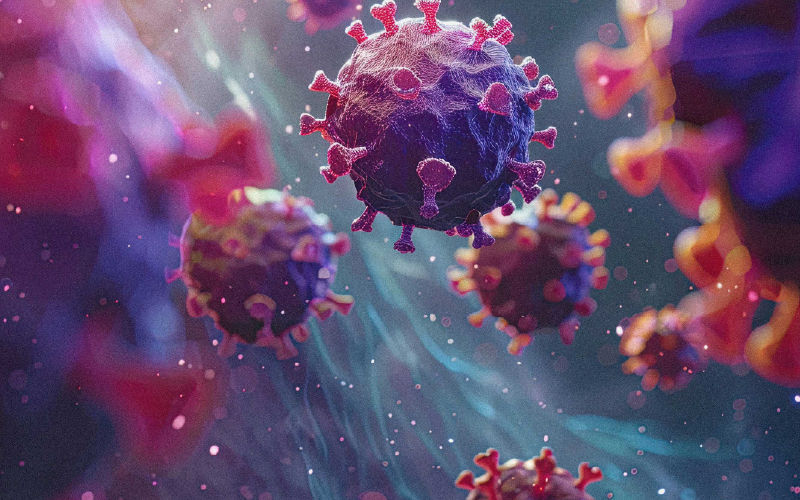Call SICE-MPr/2023/02 - Productive Innovation - Low Density
Individual productive investment operations in innovative activities, promoted by SMEs, in low-density territories.
The project ModiVir is exploring new therapeutic strategies to combat viral infections through innovative RNA research.

The University of Aveiro is leading a pioneering scientific operation with the potential to transform the fight against viral infections. The ModiVir operation, promoted by the Institute of Biomedicine – iBiMED of the Department of Medical Sciences at the University of Aveiro and co-financed by COMPETE 2030, is investing in an innovative approach: reprogramming modifications of tRNA, a molecule essential for protein production, as an antiviral strategy.
A new approach to fighting viruses
Viral infections remain one of the greatest challenges to global public health. Pandemics such as COVID-19 and seasonal flu outbreaks highlight the urgent need to find new therapeutic solutions. ModiVir is based on a disruptive idea: viruses need tRNA from cells to replicate. If we can interfere with tRNA modifications, we can stop viral multiplication and create innovative antivirals.
“The MODIVIR project was born with a clear mission: to find new ways to combat viral infections, one of the greatest challenges in public health today,” says Ana Raquel Soares, head of the project and researcher at iBiMED. “This project is based on a multidisciplinary and translational approach, bringing together expertise in molecular biomedicine, transcriptomics, epitranscriptomics, bioinformatics, virology and biotechnology, and involves two research groups from iBiMED-University of Aveiro: the “tRNA epitranscriptome and disease” group led by me and the “Virus-host cell interactions” group led by Daniela Ribeiro, in close connection with the regional business network (Cellularis Biomodels) and the Kaiser isotope lab, led by Stefanie Kaiser, from Goethe University Frankfurt.”
Studying tRNA to stop viruses and create new medicines
The ModiVir team is studying the impact of chemical changes in tRNA — the so-called epitranscriptome — on infections caused by three seasonal respiratory viruses: influenza A virus, respiratory syncytial virus and human coronavirus 229E. The aim is to discover how these changes can be manipulated to enhance the antiviral response.
In addition, the project will develop 3D cell models to test new therapeutic molecules, an innovation of great interest to the pharmaceutical industry. “Through innovative approaches and a focus on the study of a particular RNA molecule — tRNA — this project will enable the identification of new therapeutic targets for the development of new broad-spectrum antivirals. It will also enable the development of 3D cellular models that can be used to test new therapeutic molecules, with great potential for use by the pharmaceutical industry,” emphasises Ana Raquel Soares.
Potential for diseases other than viral infections
The impact of ModiVir could go far beyond viral infections. The research has the potential to break new ground in areas such as neurological and metabolic diseases. “With this project, we are creating solutions that can make a difference in both the prevention and treatment of viral diseases. In addition, the knowledge gained has great potential to be explored in the context of other diseases, both infectious and neurological, metabolic, among others.”
COMPETE 2030 support and its impact on society
“COMPETE 2030 support was essential to get this project off the ground and is enabling us to recruit highly qualified human resources. Thanks to this funding, we are able to accelerate and strengthen our work in the area of studying the potential of RNA molecules as therapeutic alternatives and take important steps towards making these solutions applicable in clinical practice.”
In addition to the scientific aspect, the project also aims to bring science closer to society by promoting health literacy. “At the same time, COMPETE’s support will allow us to continue investing in health literacy, something that is extremely necessary these days – participating in science fairs, going to schools, and showing how science can improve lives.”
Portuguese research with global impact
Ana Raquel Soares does not hide her enthusiasm: “This is an excellent example of how research carried out in Portugal, with the right support, can have a global impact. We are very excited about what we have achieved so far and even more excited about what is to come!”
Links
IBiMED | Website
04 February 2026
Individual productive investment operations in innovative activities, promoted by SMEs, in low-density territories.